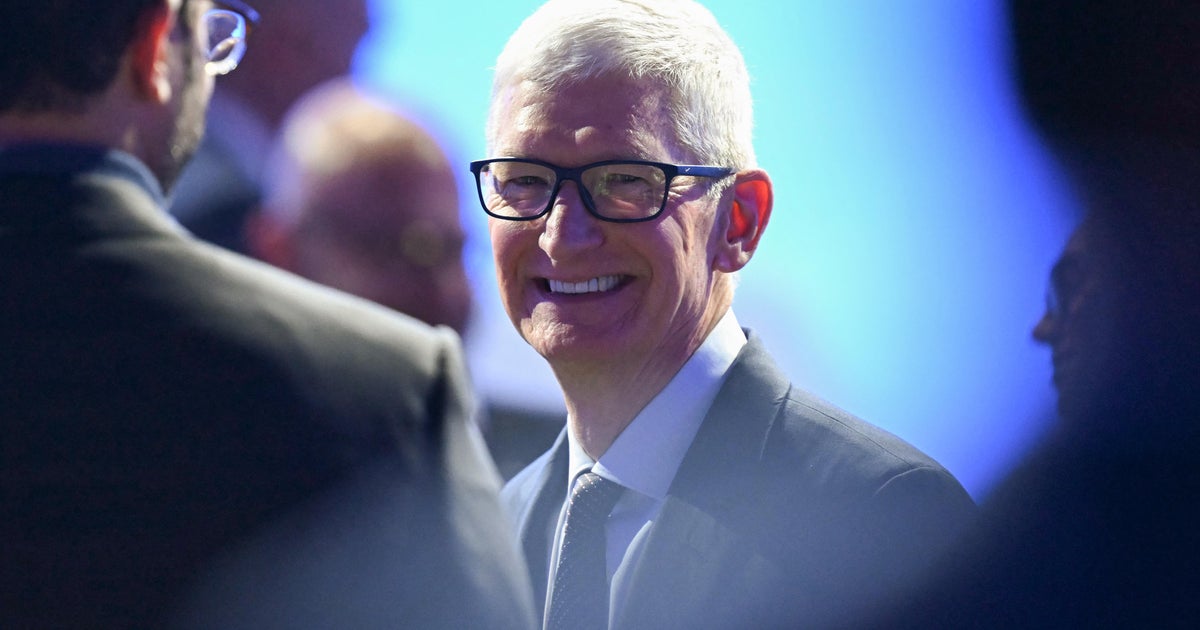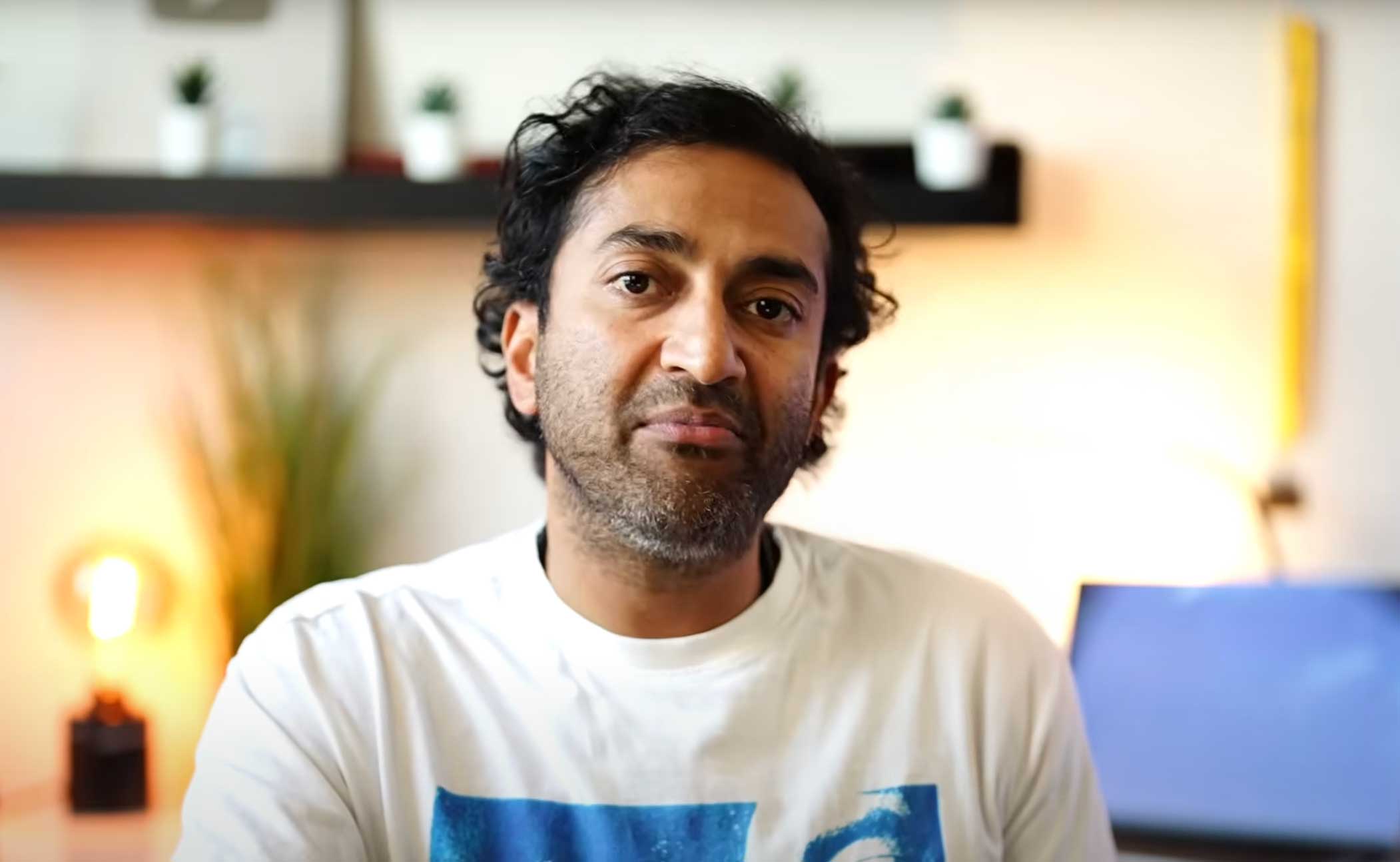Airlines, investment firms and Uber urge me-first in vaccination distribution
On the eve of approval of the first vaccine to protect against the spread of the coronavirus, a wide range of CEOs, industry leaders and trade groups are lining up to say their employees should be the next top priority after health care workers get their first stabs at the shots.
On Thursday, Uber's CEO Dara Khosrowshahi sent letters to the governors of every U.S. state arguing that its drivers should get priority when it comes to vaccine distribution. Khosrowshahi said in the letter that "distributing vaccines fairly and efficiently will be a massive logistical challenge."
For that reason, the Uber CEO said ride-sharing drivers and food delivery workers should be among the groups that get vaccinated first. And Khosrowshahi wrote that should include anyone — 213,655 in New York alone — who has earned money on the Uber app during the pandemic.
"As you finalize your state-level allocation and distribution plans, I encourage you to recognize the essential nature of their work," Khosrowshahi wrote the governors.
Uber is not alone in thinking its workers are essential. Since the beginning of December, the U.S. Advisory Committee on Immunization Practices has received hundreds of letters requesting that workers in certain industries or occupations be moved to the front of the vaccination line. Meat-industry groups have called on governors across the country this week for vaccine priority. Among the others who have asked for preferential treatment are plumbers, private garbage haulers, the airline industry — and aquarists who care for marine life in zoos and aquariums.
Vaccinate Willy
On December 1, Dan Ashe, the CEO of the Association of Zoos & Aquariums, wrote the advisory committee asking for priority for animal care workers, even though most zoos and aquariums were closed at the height of the pandemic, and are now mostly only open with reduced capacity.
Ashe specifically argued for vaccinations for the workers at the Georgia Aquarium, which, Ashe wrote, is the largest in the world, with 6.3 million gallons of water surrounding the 100,000 animals that live there. "The aquarists and other professionals who operate the facility are essential," wrote Ashe.
Airline industry executives also think their workers should be vaccinated first. Airlines for America, the industry's Washington trade group, wrote the Center for Disease Control and Prevention on Thursday advocating that pilots, stewardesses, air traffic controllers and even customer service representatives should be among the first Americans to be vaccinated.
Not included in the letter was that members on the board of the trade group — which includes the top executives of the nation's airlines — have been claiming for months that there was no need for social distancing on flights to stop the spread of the coronavirus. "It is absolutely safe to fly during the pandemic," Ed Bastian, CEO of Delta Airlines and board member of Airlines for America, told CBS This Morning in October.
Monarch Private Capital, a real estate firm based in Atlanta, has also written the CDC in order to ask for preferential vaccine treatment. The firm, which owns low-income rental buildings, claimed its apartment building staff faced an elevated risk of catching and spreading the coronavirus.
But that doesn't seem to be true. Despite initial fears, there is no evidence that any apartment building in America has become a COVID-19 hot spot.
A phased roll-out
So far, the CDC has only said the very first phase of the vaccination roll-out will be to health care workers and nursing care residents. That could start within days. On Thursday, an FDA advisory panel recommended approval of Pfizer's vaccine, which would be the first for COVID-19.
In October, the National Academy of the Sciences put out a paper advocating for some 30 million Americans with conditions that make them more likely to become very sick from COVID-19 or die to be next in line to be vaccinated. The phase after that, the academy said, should include school administrators, workers in public transit and residents in group settings, such as prisons and homeless shelters. Lower down the list were workers deemed as less essential or less at-risk, such as those who work in manufacturing or hotels.
The CDC, though, has yet to say what group of Americans will be eligible for vaccines next. Another problem: The U.S. is only likely to have enough doses for about 50 million Americans during the next four months. Uber alone has an estimated 2.5 million drivers in the U.S. Add in plumbers, airline attendants, garbage collectors and superintendents and you quickly surpass the number of vaccines that will be available anytime soon. The Economic Policy Institute recently estimated that more than 55 million workers across the U.S. qualify as essential.
Arthur Caplan, a professor of bioethics at New York University medical school, says that every industry, given the chance, will call itself essential. Instead, he said, the CDC should make vaccine determinations based both on how exposed the job is to risk and how much need there is for the service.
"Uber might say drivers need the vaccine because they are transporting people to the hospital or vaccination sites," Caplan said. "But then Uber needs to only provide rides to hospitals and vaccinations centers, not parties or bars."
Having sensible rules are an important part of making the vaccine process work —or else people will look for ways around them, Caplan warns.
"I think it's fine for business leaders to make their case," he said. "But the CDC and the states have to be ready to give sensible answers, and not just hand out the vaccine to whoever yells the loudest or gets there first."



